75mm Thickness MGO Cleanroom Panel,Steelplate:0.476mm
Reference Price:US$from $10
Min. Order:100 square meterCleanroom
75mm Thickness MGO Cleanroom Panel,Steelplate:0.476mm
Choose your installation & validation options below
Quantity:
Choose your upgrade options
Quantity:
Summary
75mm Thickness MGO Cleanroom Panel,Steelplate:0.476mm
Validation
Installation & Validation
Find Similar Products
-

125mm Thickness MGO Cleanroom Panel,Stee
US$From $8/square
Min. Order:100 square meter -

100mm Thickness MGO Cleanroom Panel,Stee
US$From $8/square
Min. Order:100 square meter -

75mm Thickness MGO Cleanroom Panel,Steel
US$From $8/square
Min. Order:100 square meter -

50mm Thickness MGO Cleanroom Panel,Steel
US$From $8/square
Min. Order:100 square meter -

75mm Thickness MGO Cleanroom Panel,Steel
US$From $8/square
Min. Order:100 square meter -

80mm Thickness MGO Cleanroom Panel,Steel
US$From $8/square
Min. Order:100 square meter
Detail
The 75mm thickness cleanroom MGO panel is a robust construction material designed specifically for controlled environments. Made from magnesium oxide, these panels offer excellent fire resistance, moisture resistance, and durability, making them ideal for cleanrooms in pharmaceutical and biotechnology industries.
Their thick design enhances insulation properties, contributing to energy efficiency while maintaining stringent cleanliness standards.

Advantage
Fire protection: 60 minutesHighDensity,
- High Temperature ResistanceStrong Bearing capacit
Parameter
| Product name | Cleanroom MGO Panel | |
| Thickness | upper layer | 0.4mm-0.8mm |
| core material | 50mm-150mm | |
| bottom layer | 0.4mm-0.8mm | |
| Effective Width | standard | 950mm, 1150mm |
| other | can be customized | |
| Length | can be customized,less than 12m | |
| Density | 24kg/㎡ | |
| Color | Ral Standard | |
| Temp tolerance | 1500℃ | |
| Hydrophobic rate | ≥97.5% | |
| Fire resistance level | A (>70 minutes) | |
| Surface profile | flat,corrugated,big rib, small wave | |
| Compression bearing | 22Mpa(GB/T7019-1997) | |
| The shrinking rate when heated | 1.0%(GA160-1997) | |
| The rate of deformation when pick up the moisture | 0.26%(GA160-1997) | |
| Product name | Cleanroom MGO Panel | |
| Thickness | upper layer | 0.4mm-0.8mm |
| core material | 50mm-150mm | |
| bottom layer | 0.4mm-0.8mm | |
| Effective Width | standard | 950mm, 1150mm |
| other | can be customized | |
| Length | can be customized,less than 12m | |
| Density | 24kg/㎡ | |
| Color | Ral Standard | |
| Temp tolerance | 1500℃ | |
| Hydrophobic rate | ≥97.5% | |
| Fire resistance level | A (>70 minutes) | |
| Surface profile | flat,corrugated,big rib, small wave | |
| Compression bearing | 22Mpa(GB/T7019-1997) | |
| The shrinking rate when heated | 1.0%(GA160-1997) | |
| The rate of deformation when pick up the moisture | 0.26%(GA160-1997) | |
Features
Sound insulation ≥44db(GBJ121-88)
Superior heat insulation performance, waterproof and moisture-proof
Beautiful appearance.
High density, anti-bending, can be sawed, nailed and glued.
Environmentally friendly
Anti-freezing, anti-cracking.
Weatherproof
Light weight, very easy to insulate and disassemble
Safe, 100% free of asbestos, formaldehyde and benzene
Lifespan >20 years
Applications
Indoor and outdoor boards for purifying factory building, combined house and indoor partition with high level requirement in fire
proofing and thermal insulation. E.g.Interior decoration of civil buildings
for medicine, electronics, biology research, foodstuff, beverage etc.
FAQ
1. Are cleanroom wall panels soundproof?
Cleanroom wall panels are not typically designed to be completely soundproof, but they can significantly reduce sound transmission. Many cleanroom panels incorporate materials that dampen sound effectively, making them suitable for environments where noise reduction is necessary. However, their soundproofing capabilities depend on the specific materials used and the installation quality.
2. What are the best practices for cleanroom panel installation?
The best practices for cleanroom panel installation include careful planning and preparation, ensuring a clean environment before installation, and following manufacturer guidelines. Key steps are:
Verify the site conditions before starting.
Ensure all panels are compatible with the cleanroom's specifications.
Use proper sealing methods to maintain integrity.
Additionally, it is essential to train the installation team on cleanroom standards to avoid contamination and ensure compliance with industry regulations.
3. What is the environmental impact of cleanroom panels?
The environmental impact of cleanroom panels largely depends on the materials used in their manufacture and their lifecycle. Many modern panels are designed with sustainability in mind, utilizing recyclable materials and energy-efficient production processes. However, some panels may contain substances that could be harmful if not disposed of properly.
It is crucial to consider factors such as:
Material sustainability
Energy consumption during production
End-of-life recyclability
Choosing environmentally friendly options can mitigate negative impacts and promote a more sustainable cleanroom environment.
4. How do cleanroom panels affect airflow?
Cleanroom panels play a significant role in controlling airflow within the facility. Their design can influence air circulation patterns, which is crucial for maintaining the cleanliness standards required in a cleanroom. When properly installed, these panels can help facilitate effective airflow management, ensuring that clean air is distributed uniformly while preventing contamination.
5. How do you handle seams in cleanroom wall panels?
Handling seams in cleanroom wall panels is critical to maintaining a contamination-free environment. Seams should be sealed properly using compatible sealants that meet cleanroom standards. Techniques such as using caulking or adhesive tape designed for cleanrooms can help minimize gaps and ensure a smooth surface. Regular inspections of seams are also necessary to detect any wear or failure that could compromise cleanliness.
6. What is the cost of MGO cleanroom panels?
The cost of MGO (Magnesium Oxide) cleanroom panels can vary based on several factors, including panel thickness, size, and manufacturer. On average, prices can range from \$30 to \$80 per square foot, but this can fluctuate based on custom specifications and additional features. It is advisable to obtain quotes from multiple suppliers for a better understanding of the market rates.
7. How do MGO panels withstand extreme temperatures?
MGO panels are known for their excellent thermal resistance, making them suitable for environments with extreme temperatures. They can withstand high temperatures without degrading, which is a significant advantage in cleanroom applications where temperature control is crucial. Additionally, MGO panels are resistant to moisture and fire, further enhancing their durability in challenging conditions.
8. What is the average lead time for cleanroom panels?
The average lead time for cleanroom panels can range from 4 to 12 weeks, depending on the complexity of the order and the manufacturer's production schedule. Custom panels may take longer due to the additional design and fabrication processes involved. It is essential to plan ahead and communicate with suppliers to ensure that project timelines are met.
9. How do you select cleanroom panel finishes?
Selecting the right finish for cleanroom panels is crucial for maintaining cleanliness and durability. Factors to consider include:
Compatibility with cleanroom standards
Ease of cleaning and maintenance
Resistance to chemicals and impacts
Ultimately, the finish should not only meet the aesthetic requirements of the facility but also support the operational needs of cleanliness and durability.
10. How do you seal cleanroom wall panels?
Sealing cleanroom wall panels is vital to ensuring the integrity of the cleanroom environment. Appropriate sealing methods involve using high-quality sealants that are resistant to chemicals and easy to clean. The sealing process should take place after the panels are installed, with careful attention paid to all seams and joints to prevent contamination.
11. What troubleshooting tips exist for cleanroom?
When troubleshooting issues in a cleanroom, it is essential to follow a systematic approach. Some tips include:
Regularly inspectthe cleanroom environment for any abnormalities.
Monitor air pressure differentials to ensure they are within specified limits.
Check for any signs of contamination or equipment malfunction.
Documentation of all findings and corrective actions is essential for maintaining compliance and improving operational efficiency in cleanroom environments.
12. What is the R-value of cleanroom wall panels?
The R-value of cleanroom wall panels, which measures their thermal resistance, varies based on the materials used. Generally, MGO panels can have an R-value ranging from 3 to 6 per inch. This thermal efficiency is essential for maintaining stable temperatures in cleanrooms, which in turn supports product integrity and operational efficiency.
13. Can cleanroom panels be installed in modular buildings?
Yes, cleanroom panels can be installed in modular buildings. This approach allows for flexibility in design and can be a cost-effective solution for creating cleanroom spaces. Modular cleanrooms can be rapidly assembled and disassembled, making them ideal for industries that require adaptability and quick deployment.
14. What are the best brands for cleanroom wall panels?
Several brands are recognized for their high-quality cleanroom wall panels. Some of the best include:
Cleanroom Technology
Thermo Fisher Scientific
GMP Cleanrooms
Modular Cleanrooms
These brands are known for their commitment to quality, compliance with standards, and a variety of options suitable for different cleanroom applications.
15. What is the cleanroom classification for MGO panels?
MGO panels can typically meet various cleanroom classifications depending on their design and installation. They are often suitable for ISO Class 5 to ISO Class 8 environments, making them versatile for many applications. The specific classification achieved can depend on factors such as panel surface finish, sealing methods, and the overall design of the cleanroom.
Factory Production Workshop Video
Factory Photo
Product Packaging And International Logistics
Product International Certification

Find Other Common Equipment Recommendations
-

Modular CleanRoom
US$9000-10000 USD/Unit
Min. Order:100 square meter -

Air Shower
US$1000.00-5000.00 USD/Unit
Min. Order:100 square meter -

Downflow Booth
US$3000-6000 USD/Unit
Min. Order:100 square meter -

Clean bench
US$600-2000 USD/Unit
Min. Order:100 square meter -

Air Filter
US$3-50 USD/Unit
Min. Order:100 square meter -

Cleanroom Wall Panels
US$10-20 USD/sq.
Min. Order:100 square meter -
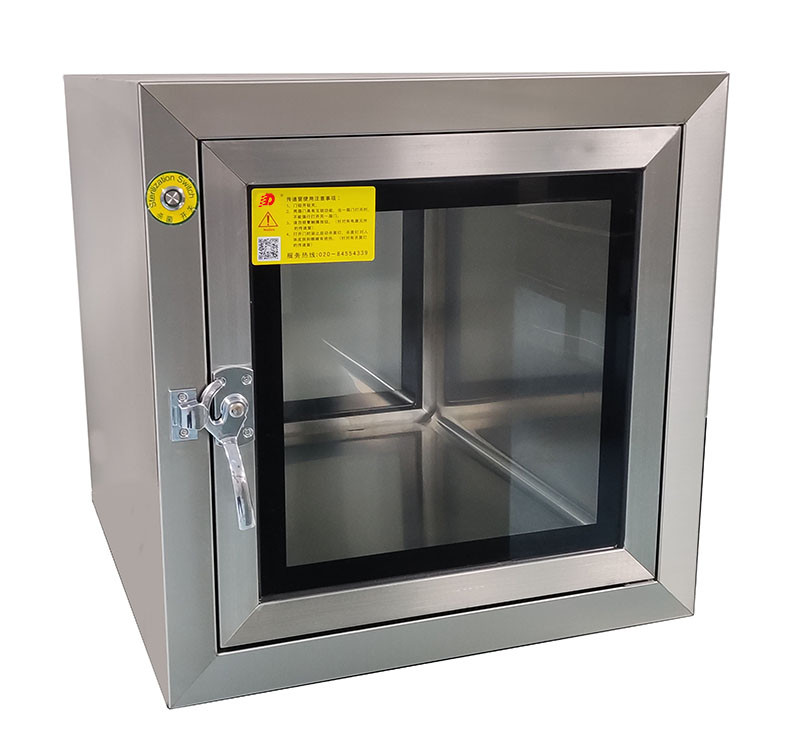
Pass Box
US$200-500 USD/Unit
Min. Order:100 square meter -
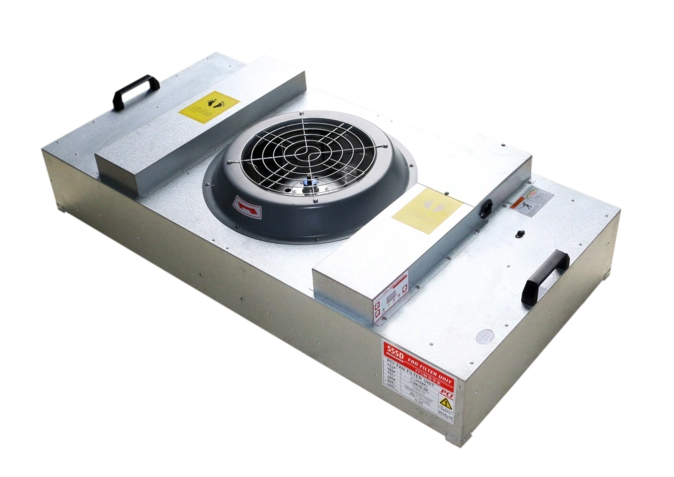
FFU
US$135-350 USD/Unit
Min. Order:100 square meter -
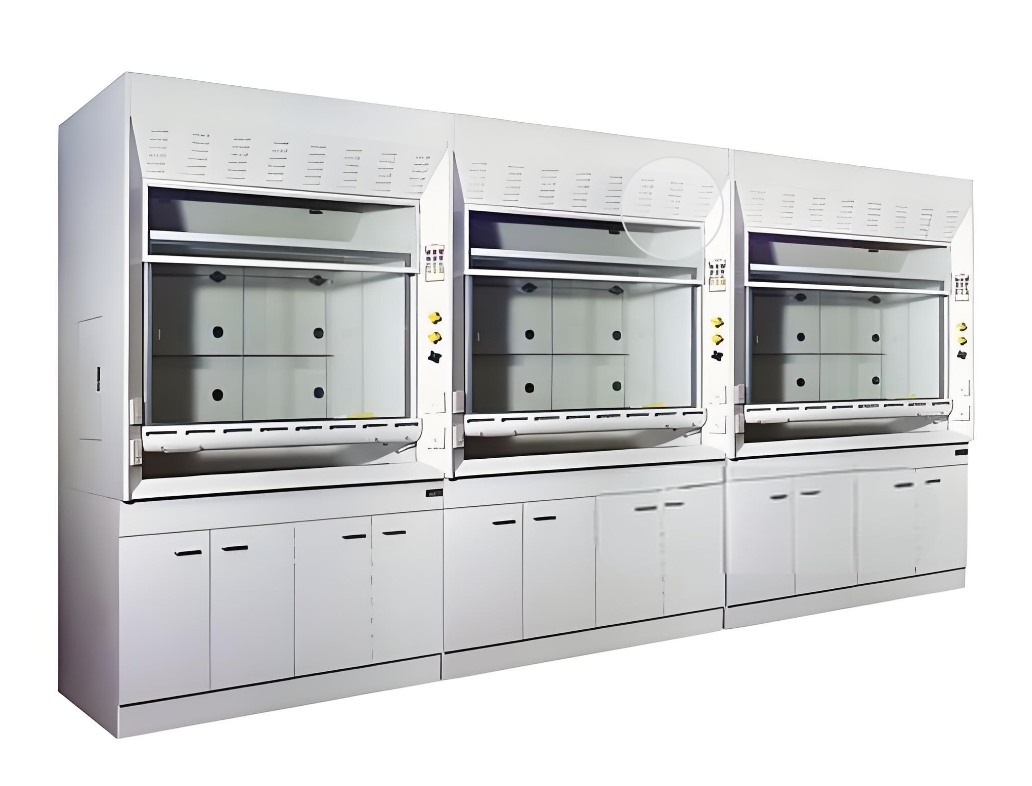
Fume Hood
US$700-1500 USD/Unit
Min. Order:100 square meter -
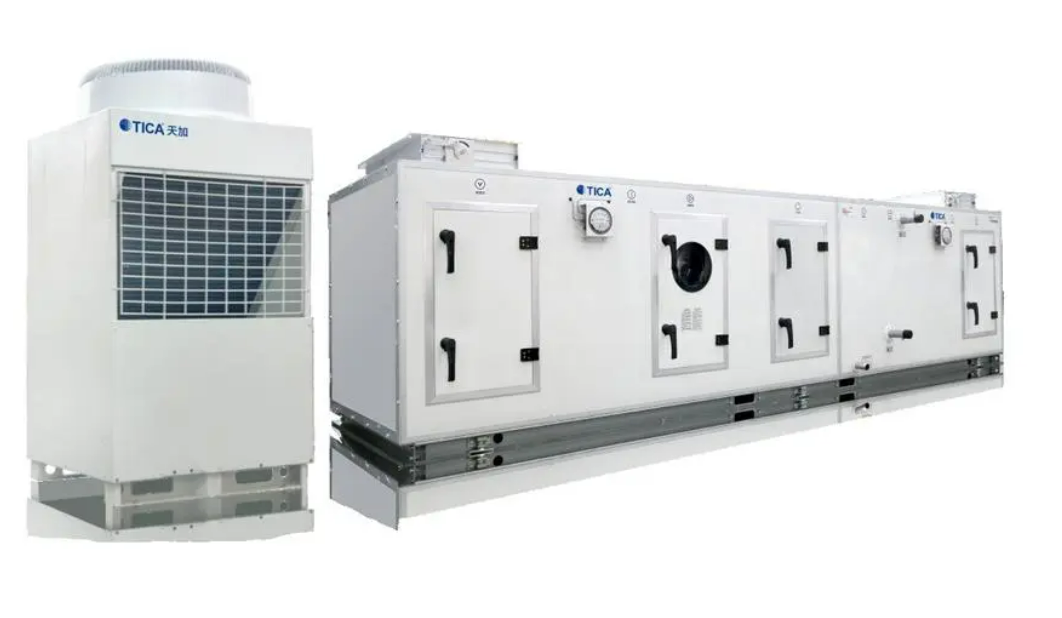
Cleanroom HVAC
US$5000-20000 USD/Unit
Min. Order:100 square meter -
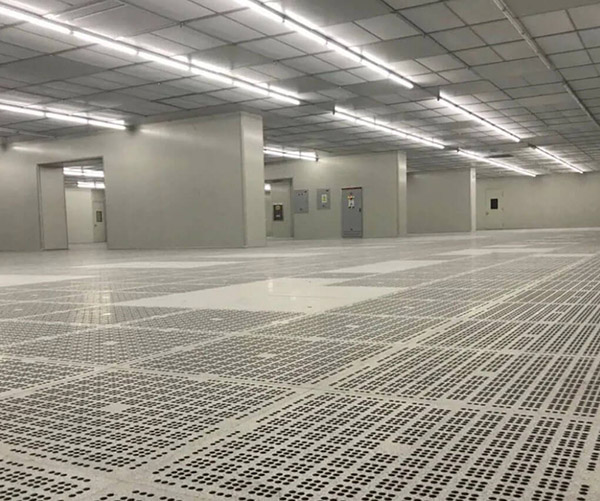
Clean room floor
US$5-20 USD/Sq.
Min. Order:100 square meter -
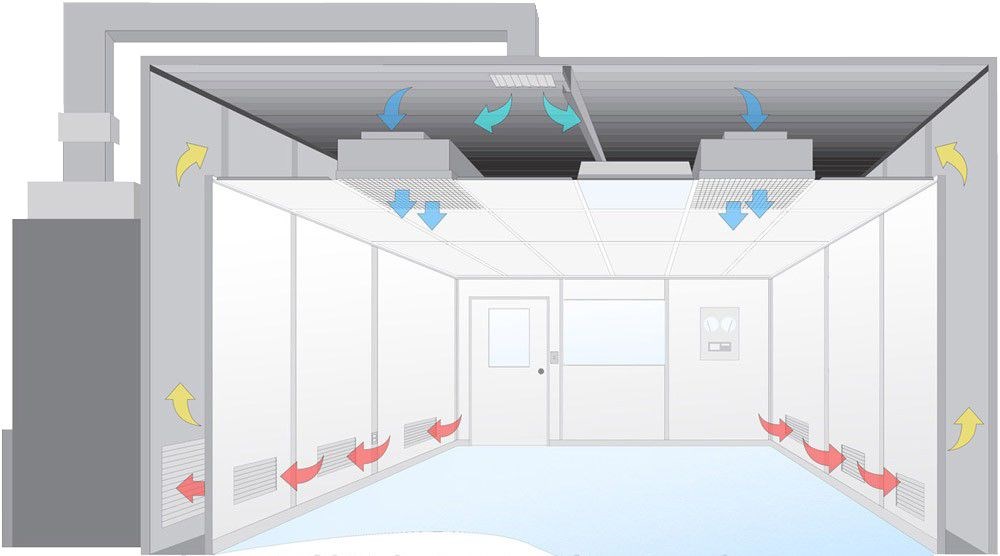
Clean room ceiling
US$
Min. Order:100 square meter
 +86 18186671616
+86 18186671616 Jason@cleanroomequips.com
Jason@cleanroomequips.com
 MENU
MENU












